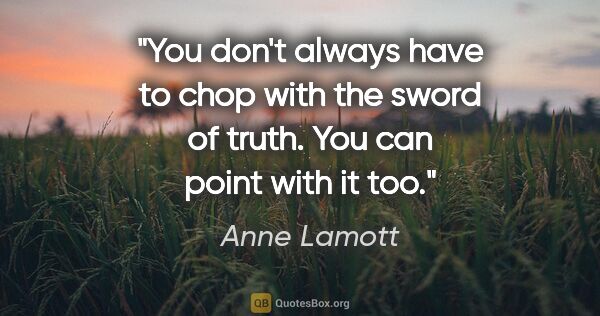Always Quotes (page 497)
In college, I had a course in Latin, and one day the word "divorce" came up. I always figured it came from some root that meant "divide." In truth, it comes from "divertere," which means "to divert."I believe that. All divorce does is divert you, taking you away from everything you thought you knew and everything you thought you wanted and steering you into all kinds of other stuff, like discussions about your mother's girdle and whether she should marry someone else.
Mitch Albom
It is as if the Photograph always carries its referent with itself, both affected by the same amorous or funereal immobility, at the very heart of the moving world: they are glued together, limb by limb, like the condemned man and the corpse in certain tortures; or even like those pairs of fish (sharks, I think, according to Michelet) which navigate in convoy, as though united by an eternal coitus.
Roland Barthes
The difference between an admirer and a follower still remains, no matter where you are. The admirer never makes any true sacrifices. He always plays it safe. Though in words, phrases, songs, he is inexhaustible about how highly he prizes Christ, he renounces nothing, gives up nothing, will not reconstruct his life, will not be what he admires, and will not let his life express what it is he supposedly admires.
Soren Kierkegaard
It doesn't matter whether a sequence of words is called a history or a story: that is, whether it is intended to follow a sequence of actual events or not. As far as its verbal shape is concerned, it will be equally mythical in either case. But we notice that any emphasis on shape or structure or pattern or form always throws a verbal narrative in the direction we call mythical rather than historical.(p.21)
Northrop Frye

Reason is up to these demands because it is an open-ended combinatorial system, an engine for generating an unlimited number of new ideas. Once it is programmed with a basic self-interest and an ability to communicate with others, its own logic will impel it, in the fullness of time, to respect the interests of ever-increasing numbers of others. It is reason too that can always take note of the shortcomings of previous exercises of reasoning, and update and improve itself in response. And if...
Steven Pinker




